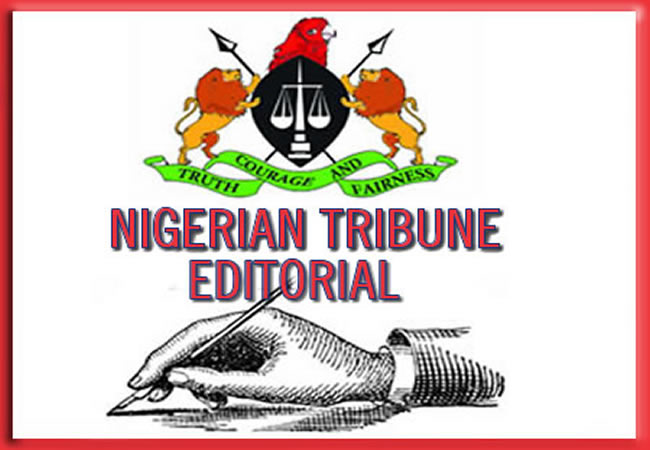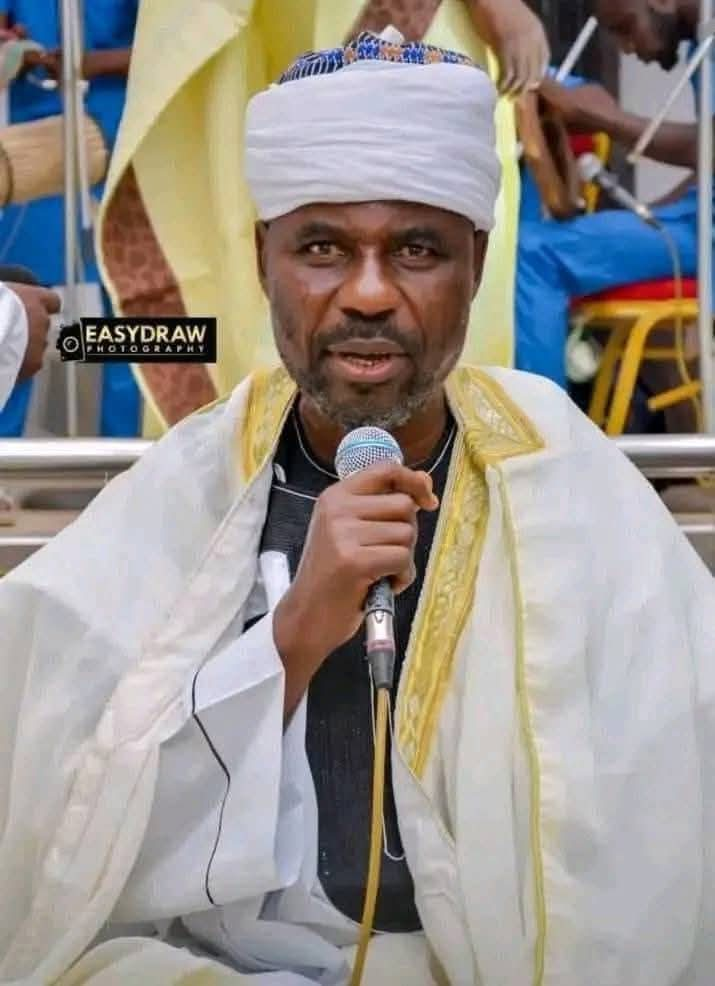Matters arising on new national carrier
[ad_1]
IN September this year, the Federal Government selected Ethiopian Airlines as its technical partner for the national carrier project, Nigeria Air. The arrangement is set to take effect in December 2022. Following the inauguration of President Muhammadu Buhari in May 2015, the government had, in September 2015, floated the idea of a new national carrier to replace Nigeria Airways, which was liquidated in 2003. It however took the government seven years to get a technical investor in the airline. Announcing Ethiopian Airlines as the government’s preferred bidder, with three other Nigerian investors with different equity shares, the Minister of Aviation, Hadi Sirika, said that the East African carrier would have 49 percent shares in the airline; the Federal Government, five percent, and local investors, including Skyway Aviation Handling Company (SAHCO), MRS and Nigerian Sovereign Fund, 46 percent. According to Sirika, the choice of Ethiopian Airlines was accepted by the Infrastructure Concession Regulatory Commission (ICRC), having gone through the Request for Proposal (RFP) under the Public Private Participation (PPP) Act.
His words: “An interim executive team of highly skilled aviation experts has been working since February 2022 to set up all the necessary regulatory and industry requirements to launch the national carrier. All executives have been approved by the Nigerian Civil Aviation Authority (NCAA), the Air Transport Licence has been issued by NCAA. Nigeria Air (after having identified the first three aircraft) will now finalise all necessary Operation Manuals and then go through the inspection and approval process of NCAA. The money spent on the launch of Nigeria Air, for all the requirements to establish an AOC and be admitted starting an airline operation, is well within the five percent capital investment of the Federal Government of Nigeria that will be overall needed to establish the national carrier initially for the AOC approval and everything else required by stringent national aviation regulations, as prescribed in the FEC-approved Outline Business Case (OBC). This OBC is the milestone for the preferred bidder consortium and has been met by the submitted business plan of the preferred bidder. It is the overall share capital of around $300 million, provided by the preferred bidder that will launch Nigeria Air to its full size of 30 aircraft and international operation within the next two years.”
Naturally, the plan angered domestic operators, the majority of whom kicked against the partnership which makes the East African operator the core investor in the proposed Nigeria Air. Speaking during Sirika’s appearance before the Senate, the operators argued that the partnership would send the domestic airlines into extinction. The chairman of Air Peace, Mr. Allen Onyema, who spoke on behalf of the industry players, said that what Ethiopian Airlines had decided to do was to enter into the Nigerian market and reduce its prices to the detriment of the local operators over a period of six months. He expressed apprehension that the airline would take over 60 percent of the market share in the industry. He said: “Already, domestic airlines in Nigeria have ordered over 40 brand new aircraft. The effect of this is that all the Nigerian banks that had extended credits to the airlines would also be in trouble. Ethiopian Airlines wanted to be the national flag carrier while we have domestic airlines in Nigeria that are well-equipped to fly international routes. Let us consider our own first because charity begins at home. Anything that will stand the test of time must start from home. Ethiopia does not have any agenda to grow Nigeria. It wants to practise aviation colonisation in Africa.”
To be sure, were Nigeria a country with consequences for bad behaviour in public office, the idea of a national carrier at this time would not be such a frightening proposition. However, with those who grounded the defunct Nigeria Airways suffering no consequences for their actions and with the factors that led to that sorry outcome yet to be addressed, it is preposterous that the Federal Government is talking about a national carrier out of sheer fancy. The airline business is capital-intensive and risky. It is an elite thing that has absolutely nothing to do with the vast majority of Nigerians who remain trapped in appalling conditions and have never stepped foot on an airplane. Besides, there are problems with the idea floated by the government: Ethiopia has just removed the application of visa-on-arrival for Nigerians visiting the country. That is strange for a country with which Nigeria intends to do such a sensitive business.
Besides, Ethiopian Airlines is not even being run by Ethiopians. Nigeria is thus contracting airline business to a contractor who is also under contract. How is an airline that is unable to manage itself expected to manage a flag carrier on Nigeria’s behalf? A national carrier under the tutelage and control of another country’s flag carrier is not easy to contemplate or accept. It does not look like Nigeria did its homework properly in this matter. Why bask in such an anomaly? Worst still, the sense of national pride is not fostered by this arrangement. Why should Nigeria have a nominal flag carrier after 62 years of independence? The arrangement is an aberration and we do not see how it brings pride to Nigeria or elicit confidence in Nigerians. And, what is more, it is, as we have already suggested, not really a national priority. Just why is Nigeria, for instance, not partnering with foreign people to establish refineries?
This arrangement must be reviewed and immediately terminated while the government works to put in place a more befitting arrangement.
[ad_2]















Post Comment